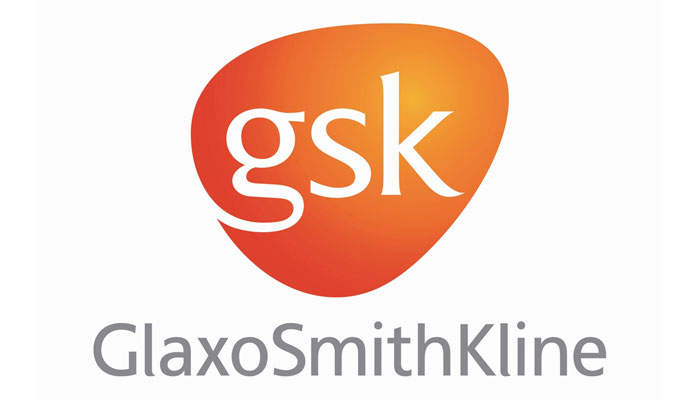Reuters/London
GlaxoSmithKline faces new allegations that it bribed Syrian doctors and officials to boost sales of its medicines, following recent accusations of corruption in its non-prescription business in the country.
The latest charges are laid out in an anonymous email sent to the company's top managers last week and seen by Reuters.
GSK - one of the few big firms still supplying drugs in Syria - said on Monday it would investigate the new claims involving its own staff and local distributors.
The company added it had suspended relations with its Syrian distributors pending results of the probe.
The attack on the drugmaker's ethical standards follows a series of similar bribery claims against the company in China, Iraq, Jordan, Lebanon and Poland.
Reuters last month reported allegations of corruption in GSK's Syrian consumer business, which sells products including toothpaste and painkillers. The consumer operation was closed in 2012 due to the worsening civil war in the country.
The Syrian prescription pharmaceuticals business remains operational, however, and GSK said it was committed to supplying safe and effective drugs and vaccines to patients in need.
The new corruption claims involve alleged bribes paid to boost sales of various medicines, including ones to treat cancer and to prevent blood clots.
"All the claims in this email will be thoroughly investigated using internal and external resources as part of our ongoing investigation into operations in Syria," said a spokesman for Britain's biggest drugmaker.
"We are committed to taking any disciplinary actions resulting from the findings. We have suspended our relationship with our distributors in the country pending the outcome of our investigation."
The claims of corruption in the country involve relatively small sums of money, running into thousands of dollars rather than the hundreds of millions that GSK is alleged to have funnelled to doctors and officials in China.

